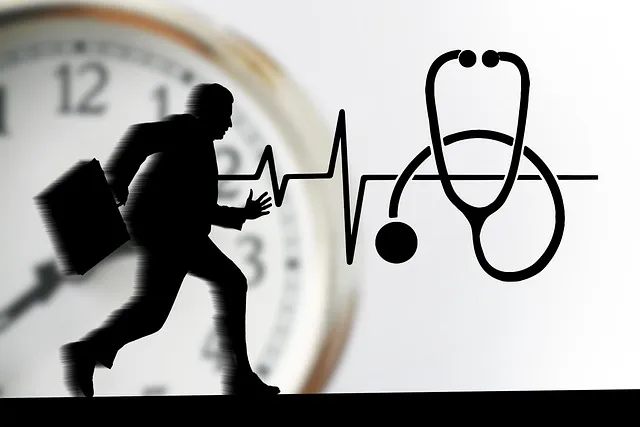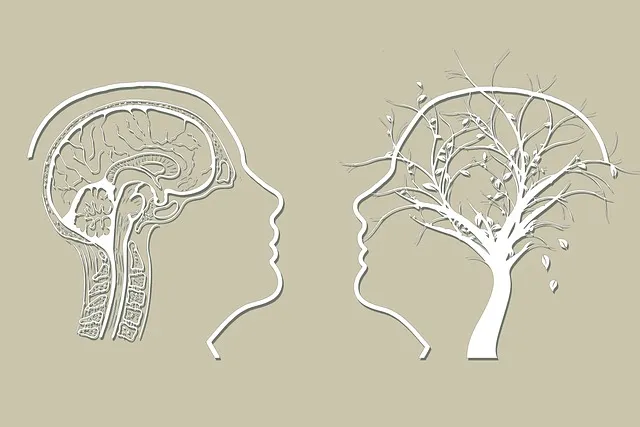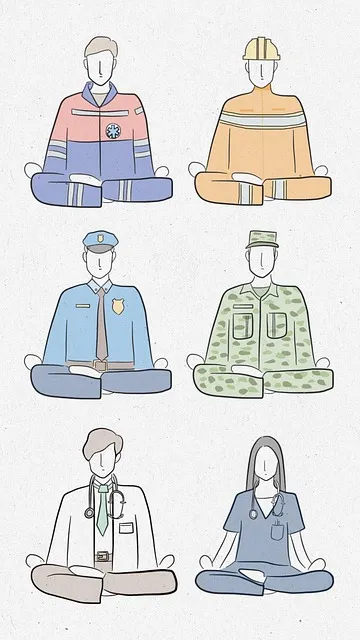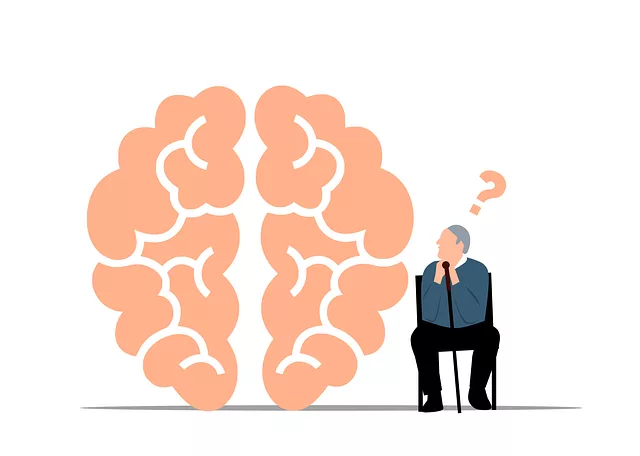Kaiser Longmont prioritizes patient safety and well-being through comprehensive risk assessment, emotional intelligence, and holistic harm minimization strategies. Their competent therapists utilize data-driven decisions and continuous evaluation to deliver personalized interventions for mood disorders, crisis situations, and diverse cultural backgrounds. The organization's commitment to client outcomes, evident in their Trauma Support Services and Mental Wellness Podcast Series, makes them a top choice for therapy in Longmont, as indicated by search queries like "does Kaiser have good therapists Longmont."
In today’s healthcare landscape, risk assessment and harm minimization planning are vital components of therapeutic practice. This comprehensive guide explores these essential strategies, focusing on Longmont’s Kaiser therapy settings. We delve into understanding risk assessment as a cornerstone for client safety and effective treatment. By examining the identification of potential harms, we assess whether Kaiser Longmont possesses robust systems. Additionally, we provide insights on developing harm minimization plans, implementing safety strategies, and the continuous evaluation required to ensure optimal client outcomes, addressing key queries about Kaiser’s therapeutic quality.
- Understanding Risk Assessment: A Cornerstone of Therapeutic Practice
- Identifying Potential Harms: Does Kaiser Longmont Have Robust Systems?
- Developing a Comprehensive Harm Minimization Plan
- Implementing Strategies to Ensure Client Safety
- Continuous Evaluation and Improvement in Therapy Settings
Understanding Risk Assessment: A Cornerstone of Therapeutic Practice

Risk assessment is a fundamental process that underpins effective therapeutic practices, and it plays a pivotal role in ensuring the well-being of clients seeking support from Kaiser therapists in Longmont. It involves a thorough evaluation of potential risks and hazards within various contexts, including personal, social, and environmental factors. By meticulously analyzing these elements, therapists can create tailored interventions aimed at minimizing harm and fostering positive outcomes.
This process is crucial for Kaiser therapists to deliver high-quality care, especially when addressing complex issues such as mood management, conflict resolution techniques, and crisis intervention guidance. Through rigorous risk assessment, therapists gain insights into a client’s unique circumstances, enabling them to develop personalized strategies that address immediate concerns while promoting long-term resilience.
Identifying Potential Harms: Does Kaiser Longmont Have Robust Systems?

Identifying Potential Harms: Kaiser Longmont’s Robust Systems
At Kaiser Longmont, robust systems are in place to identify and mitigate potential harms, ensuring patient safety and well-being. The healthcare provider prioritizes emotional intelligence among its therapists, fostering an environment that addresses not just physical health but also mental and emotional needs. This holistic approach aligns with the core principles of Mind Over Matter, empowering patients to take control of their health.
The organization’s commitment to Healthcare Provider Cultural Competency Training further enhances these efforts. By equipping staff with the knowledge and skills to navigate diverse cultural backgrounds, Kaiser Longmont ensures that every patient receives care tailored to their unique needs and experiences. This comprehensive strategy not only improves patient outcomes but also fosters a deeper connection between healthcare providers and the communities they serve.
Developing a Comprehensive Harm Minimization Plan

When crafting a harm minimization plan, it’s crucial to approach it holistically, addressing various aspects that contribute to an individual’s well-being. A comprehensive strategy involves identifying potential triggers and risks while also equipping individuals with effective communication strategies. Encouraging open dialogue fosters an environment where emotions can be expressed safely, promoting better understanding and support among peers and therapists. At Kaiser in Longmont, for instance, the focus on resilience building is a key component of their therapeutic approach, empowering clients to navigate challenges.
This plan should also incorporate mood management techniques, teaching individuals how to recognize and regulate their emotional states. By integrating these strategies, whether through individual therapy sessions or group support networks, Kaiser in Longmont aims to equip its clients with the tools necessary for long-term mental health success. Effective harm minimization planning involves a collaborative effort between therapists, clients, and sometimes, loved ones, ensuring everyone is aligned towards fostering positive change and minimizing potential harms.
Implementing Strategies to Ensure Client Safety

When implementing strategies to ensure client safety, particularly in a setting like Longmont where Kaiser has established a reputation for good therapists, Emotional Intelligence plays a pivotal role. Therapists who possess strong emotional intelligence can better understand and respond to clients’ needs, fostering an environment of trust and security. This is especially crucial when dealing with individuals seeking Trauma Support Services, as it allows for more nuanced care and enhanced communication.
The Mental Wellness Podcast Series Production can also serve as a valuable tool in this context. By creating content that addresses common mental health concerns and promotes healthy coping mechanisms, Kaiser can empower clients to take an active role in their wellness. Regularly updating these resources ensures that both existing and prospective clients have access to relevant information, reinforcing the organization’s commitment to client safety and harm minimization.
Continuous Evaluation and Improvement in Therapy Settings

In therapy settings, continuous evaluation and improvement are essential components of providing effective care. At Kaiser in Longmont, for instance, therapists are encouraged to regularly assess their practices through ongoing monitoring and feedback mechanisms. This involves reviewing session notes, receiving client feedback, and participating in peer supervision to identify areas for enhancement. Such a dynamic approach ensures that therapists remain attuned to clients’ evolving needs and adapt their strategies accordingly, fostering an environment conducive to healing.
By integrating risk assessment for mental health professionals into their ongoing practices, Kaiser Longmont’s therapists prioritize harm minimization planning. This proactive strategy goes beyond addressing immediate crises to focus on burnout prevention and inner strength development. Regularly evaluating the effectiveness of interventions and treatment plans allows therapists to make data-driven decisions, implement evidence-based practices, and ultimately improve client outcomes.
Risk assessment and harm minimization planning are vital components of therapeutic practice, ensuring client safety and positive outcomes. As discussed, Kaiser Longmont’s robust systems for identifying potential harms demonstrate their commitment to providing high-quality care. By implementing comprehensive strategies, such as regular risk assessments and tailored harm minimization plans, therapy settings can foster a secure environment. Continuous evaluation and improvement are key; learning from each case allows professionals to enhance their practices. In terms of whether Kaiser Longmont has good therapists, the evidence suggests they prioritize client safety, making them a reliable choice for those seeking therapeutic support.






